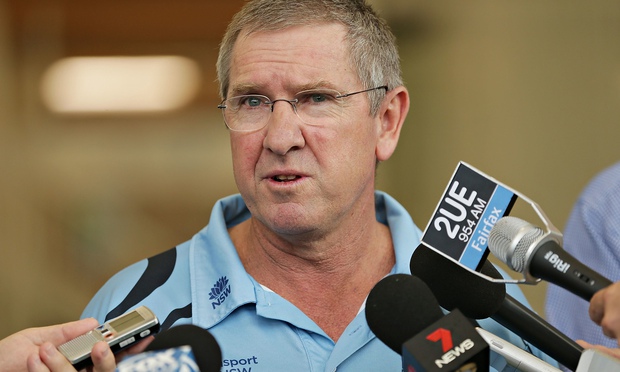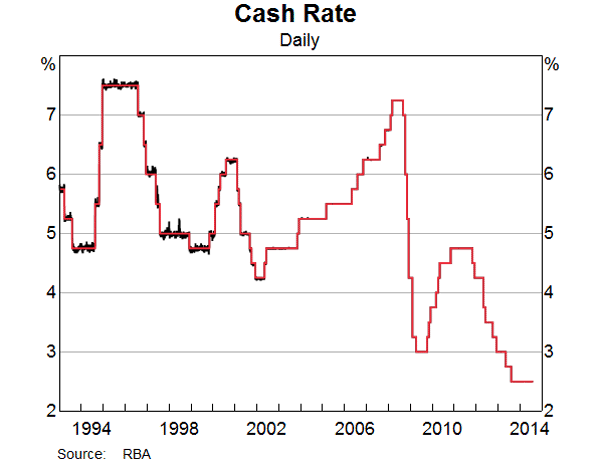The green-and-gold heaven that was the AFC Asian Cup Final (or as I referred to it, Confederations Cup qualifier) was undoubtedly a watershed moment for the World game in Australia, one of the few remaining markets where football is not (yet, at least) the number one sport. The 2-1 (ET) match was indeed a thriller, and I’ll take it; even though a penalty shoot-out would have better reinforced our case for penalties before extra-time.
However, this post is intended to make a very different point – one about the more general matter of cost-benefit analysis of the whole event itself. Us sports economists of the academic variety are generally united in the view that typically, use of public funds to subsidise bids for a major sports event, as well as to run the event itself (if the bid is successful), is inherently profligate. Refer to my 2009 (Australian Financial Review) characterisation of a case in point – the colossal waste of $46.5 million of Federal government funds on the FFA’s 2018/2022 FIFA World Cup bid. In that case, like so many others, the ‘boosters’ of the event tried to convince us that the economic benefits would be huge (they are always much smaller), while the costs (and timelines) invariably blow out. This is a lesson that is still most freshly (and bitterly) experienced by ordinary Brazilian citizens.
This case had a few differences to the usual story, however. Other potential suitors to the AFC for hosting rights dropped out of the race during 2010, leaving Australia as the sole bidder – the formal announcement on 5 January 2011 came as no surprise to anybody (and, curiously in hindsight, received scant media coverage). The next day on ABC News Breakfast (skip to 6:05), I was actually quite sanguine about the economics of hosting it.
The reason, as I saw it then, was as follows: unlike the World Cup, not having to compete with other ‘buyers’ for the event, Australia was effectively bestowed as hosts for a low ‘price’ – without having to promise so much (comparative to other such cases) in the way of upgraded facilities and the like. It also meant that the AFC as the ‘seller’ was forced to accept that lower price. This did not stop the Organising Committee from trying to provoke various state governments to bid against each other to host the matches themselves. It is no coincidence that Perth and Adelaide were excluded from the venue list – the WA and SA governments declining to pay – despite each being much bigger media markets than both Canberra and Newcastle combined.
So, I surmise that the REAL winners of the Asian Cup were Australian taxpayers, who in a rare example, paid a relatively modest amount for the hosting rights for this event!!! Furthermore, given that the hosts prevailed in a thrilling Final, the sporting gods delivered them even more bang for their tax dollar buck than they might have expected.
A final word of caution: if in the aftermath of this success, you are inclined to believe that Australia should once again throw its hat in the ring for World Cup hosting rights in 2026 or beyond, hold your horses. The last decade has taught us that Australia should stick to the smaller-scale international football events that it can host well and economically. Other examples would include the Women’s World Cup, Youth (U/20) World Cup or Club World Cup. Let us allow other countries – the largest national and continental media markets (or even those with massive reserves of oil) – to fight with each other for the ‘privilege’ of grossly overpaying for the World Cup.









